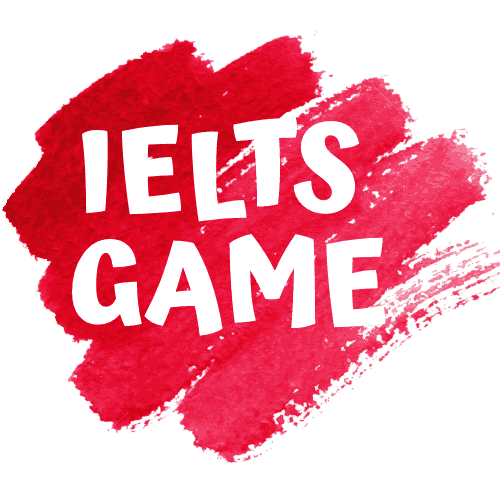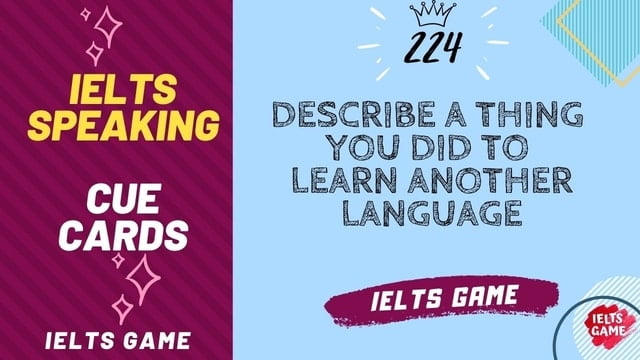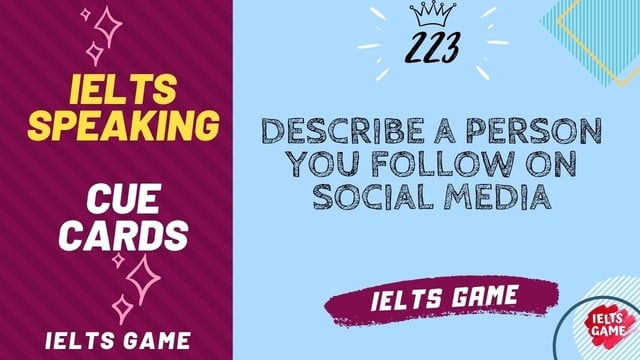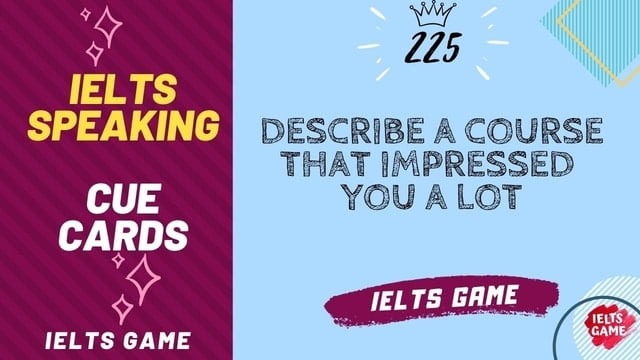224. IELTS Cue Card -
Describe a thing you did to learn another language
In this article, IELTS Game will add number 224 IELTS cue card sample on the series of 2022 cue cards with band 9.0 model answers and part 3 follow up questions that will help you in your IELTS test preparation.
This cue card is related to “Learning Language description” speaking topic and asking you to “Describe a thing you did to learn another language“ and asking IELTS speaking part 3 follow up questions from Makkar Jan-April 2022 cue cards guesswork.
IELTS Cue Card Sample 224
Describe a thing you did to learn another language.
You should say:
- – What language you learned?
- – What you did?
- – How it helped you learn the language?
- – And how you felt about?
Band 9.0 Sample Answer Ideas.
One thing I did to learn another language was to take a course in Spanish at a language school. I decided to learn Spanish because it is a widely spoken language that is spoken in many countries around the world, and I thought it would be a useful and practical language to know.
To learn Spanish, I enrolled in a course at a language school that offered classes for beginners. The course consisted of weekly lessons with a native Spanish-speaking instructor, and it covered a range of topics, including grammar, vocabulary, and pronunciation.
In addition to attending classes, I also practiced speaking and listening to Spanish on my own by listening to podcasts, watching movies and TV shows in Spanish, and reading books in Spanish. I also had the opportunity to practice speaking Spanish with native speakers during my travels to Spanish-speaking countries.
Overall, I found the combination of classroom instruction and self-study to be very effective in helping me learn Spanish. I was motivated to learn the language because I enjoyed the challenge and felt that it was a worthwhile investment of my time and energy. I also found the experience of learning a new language to be very rewarding and enriching, and I am grateful for the opportunity to have learned Spanish.
Here are the difficult words from my previous answer, along with their definitions:
| Word | Definition |
|---|---|
| Course | A series of lessons or lectures on a particular subject, usually leading to a qualification |
| Language school | A school that specializes in teaching languages |
| Beginner | A person who is starting to learn something |
| Grammar | The rules of a language, including the structure of words, phrases, clauses, and sentences |
| Vocabulary | The words used in a language |
| Pronunciation | The way in which a word is pronounced |
| Motivated | Eager and determined to do something |
| Investment | The act of using money to make more money, or to buy something that will be useful or valuable in the future. |
IELTS Speaking part 3 Follow Up Questions.
Here are some follow up questions you may be asked during part 3 IELTS Speaking exam by the IELTS examiner related to 1st cue card:
“Describe a thing you did to learn another language”
1. What difficulties do people face when learning a language?
One of the challenges is the phonological difference. There are some sounds that exist in one language but not in the other language.
Another difficulty is learning the grammar and the sentence structure of the new language.
2. Do you think language learning is important? Why?
Yes, I think language learning is important as it develops skills such as communication and cultural awareness.
Learning a foreign language also opens all sorts of career opportunities. Learning new languages leads to cognitive development. Bilingual and multilingual children do better in other subjects too.
3. Which is better, to study alone or to study in a group? Why?
It is better to study in a group.
1) Students derive energy from being around other students and are motivated to study.
2) Concepts that are hard to grasp by yourself are easier to understand from another person’s perspective.
3) People usually procrastinate when studying alone but, in a group, one is accountable and must be present.
4. What’s the best way to learn a language?
There are many ways to learn a language. There is no one best way. One must do a combination of things to get fluent in a language like practicing daily on language learning apps like Duolingo, watching movies in the foreign language, reading books and newspapers, having a tutor or a native speaker online to practice with, and traveling to those countries.



